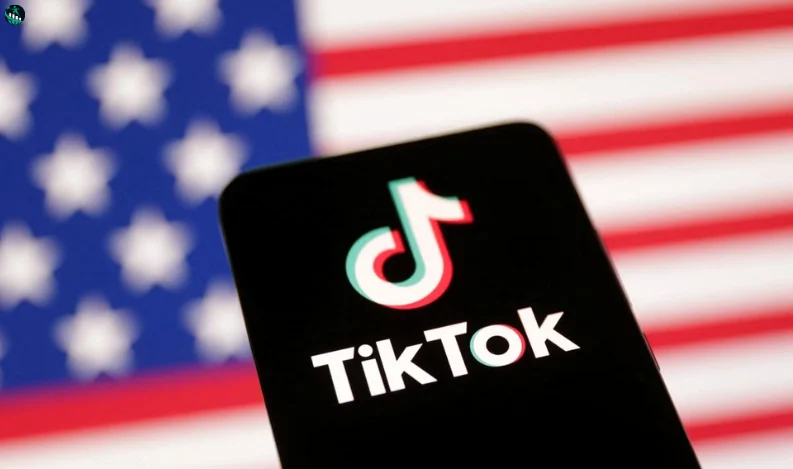
TikTok Faces Shutdown in the US Amid Legal and Political Uncertainties
Washington, United States - TikTok, the popular social media platform, is on the verge of "going dark" in the United States by Sunday, January 19, unless the federal government steps in with clear assurances. The looming shutdown follows a recent U.S. Supreme Court decision that upheld a stringent law requiring TikTok's Chinese parent company ByteDance either to divest its U.S. operations or cease them altogether.
In a statement released early Friday, TikTok expressed its frustration over the lack of clear guidance from the government, stating that without definitive assurances of non-enforcement from the Biden Administration, the service could no longer operate in the U.S. market. "Unless the Biden Administration immediately provides a definitive statement to satisfy the most critical service providers assuring non-enforcement, unfortunately, TikTok will be forced to go dark on January 19," the statement read.
The Supreme Court's unanimous decision did not find the new law in violation of free speech rights. Instead, it agreed with national security concerns cited by the government regarding ByteDance's ownership of TikTok. This ruling has escalated tensions and uncertainty surrounding the future of TikTok's operations in the U.S., affecting over 170 million American users.
Despite the potential ban, the Biden White House has indicated it will not enforce the new law, deferring the matter to the incoming administration under President Donald Trump. Trump, known for his opposition to the ban, has reportedly been in discussions with Chinese President Xi Jinping and is seeking alternatives that could allow TikTok to continue operations.
In light of the Supreme Court's decision, the Department of Justice has remarked that the enforcement of the law "will be a process that plays out over time," suggesting a possible delay in any immediate actions against TikTok. Meanwhile, TikTok's CEO, Shou Chew, has publicly thanked President Trump for his commitment to finding a viable solution, emphasizing Trump's understanding of the platform's significance.
The controversy has also stirred reactions among TikTok users and creators. Nathan Espinoza, a prominent TikTok influencer with over 500,000 followers, voiced concerns over the platform's ease of use and unique community engagement features compared to other social media platforms like Instagram Reels and YouTube Shorts. "Making videos and reaching people on TikTok is so much easier than a lot of other platforms," Espinoza noted.
Digital marketing experts and advertisers are closely watching the situation, with mixed predictions about the platform's fate post-Sunday. Courtney Spritzer, head of the digital marketing agency Socialfly, highlighted the prevailing uncertainty among content creators, stating, "TikTok creators are in great uncertainty."
As the deadline approaches, the future of TikTok in the U.S. remains in limbo, with potential massive impacts on its user base, competitive landscape, and broader implications for international tech policy.



Recent Comments: